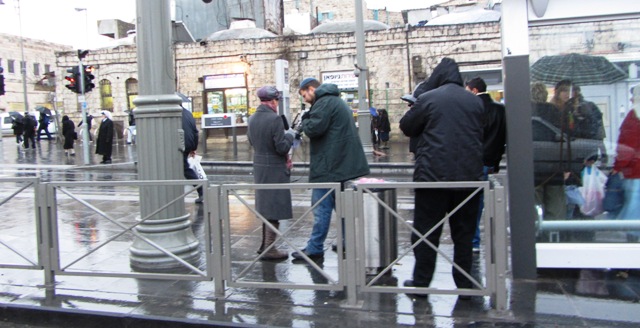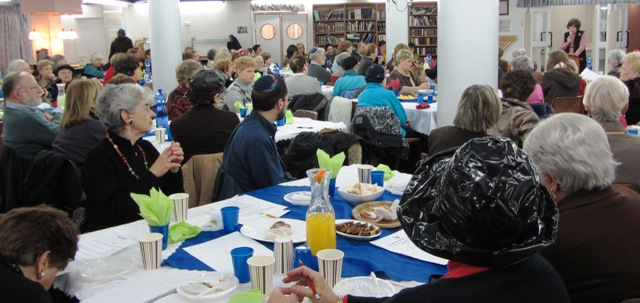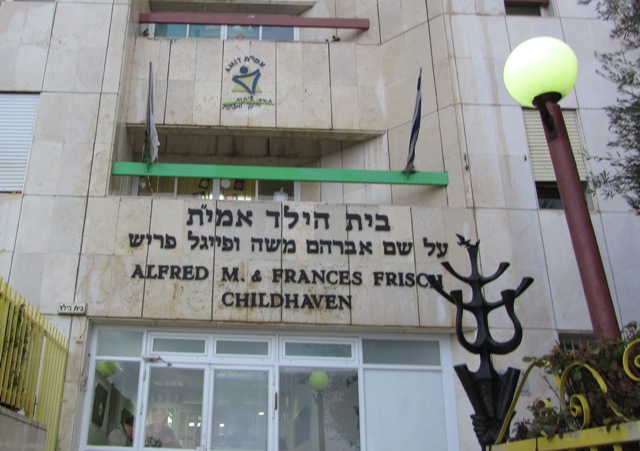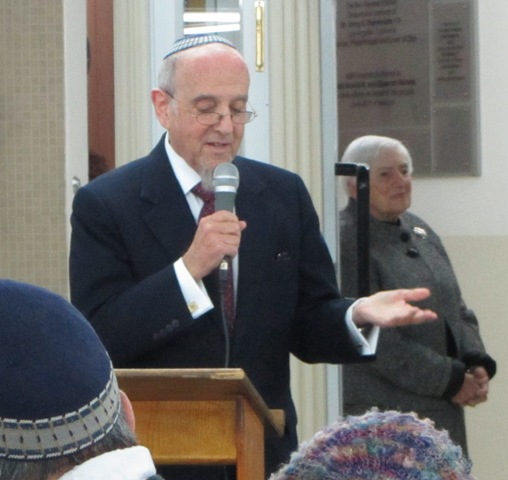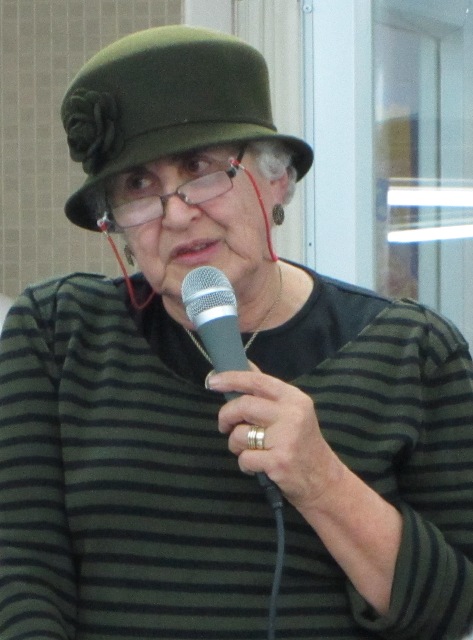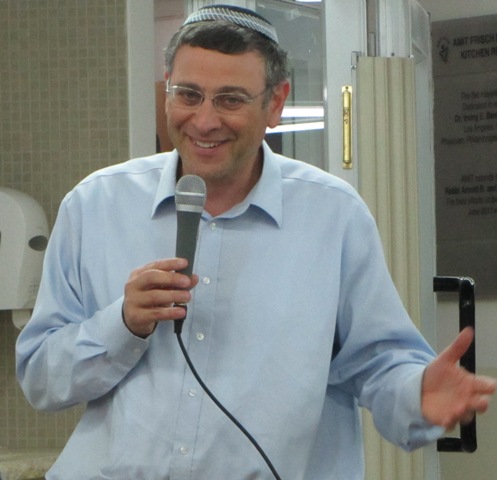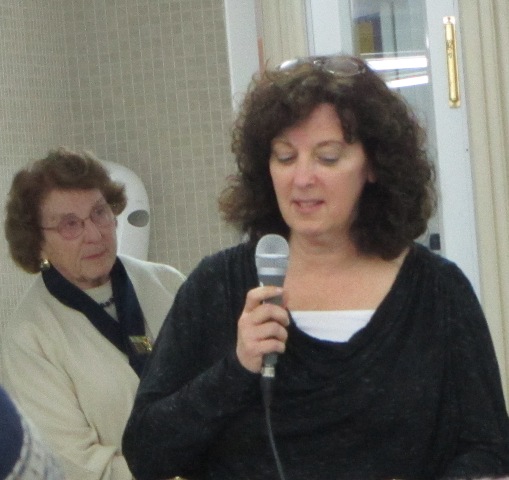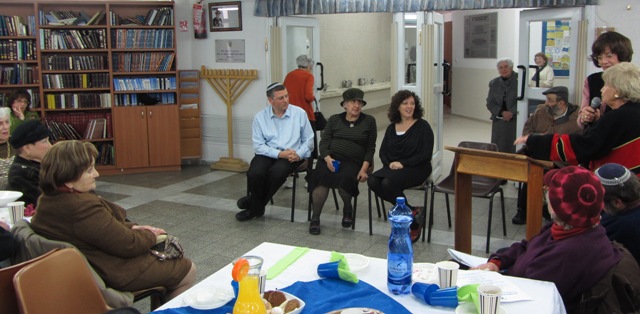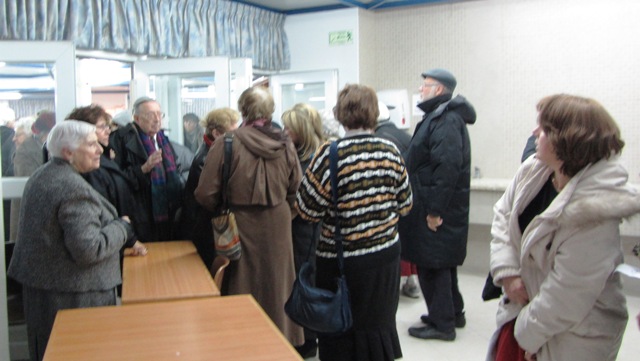With so much bountiful rain this week it was hard to go outside
and even harder was to get out of bed from under the warm covers.
Holding a dripping umbrella on the windy streets,
on the buses or light rail train, while trying to stay dry, was a real challenge.
Like this scene at the Machane Yehuda light rail train station,
Jerusalem was wet, cold and dark much of the week.
Ethiopian immigrants brought their protests to Jerusalem,
and headlines were of religious intolerance and racial discrimination.
It was hard to find something positive to write about.
But then on Sunday, in spite of 28 mm of rain,
more than 145 people attended a symposium entitled,
“The Challenge of Accepting the Diversity of our Children’s Choices.”
The symposium was held at AMIT Beit Hayeled,
located in the Gilo neighborhood,
a home to 120 children who for various reasons
had to leave their family’s homes.
AMIT’s goal is to strengthen Israeli society by educating and
nurturing children within a framework of academic excellence,
religious values and Zionist ideals.
In his opening remarks, Rabbi Haskel Lookstein of New York City
spoke of the need for ahava, love.
Dr. Tovah Lichtenstein, professor emerita of the Bar Ilan University
School of Social Work, who has inspired thousands of students,
said that we should seek a thinking person,
not clones of ourselves from our children.
Rabbi Dr. Benny Lau, who works tirelessly for religious unity,
spoke of the relationship of Avraham and Lot,
a model of one family member giving space to the other,
while remaining nearby when needed.
Dr. Tova Hartman, Bar Ilan University psychology professor and
activist for women’s inclusion, stressed the importance of
parents giving a clear message of their agenda to their children.
The three panelists answered questions after their presentations.
People bundled up and went back out to face the cold winds.
The special speakers at this symposium, spoke of the need
for tolerance and unity and acceptance of differences.
The teachers in AMIT schools, “just do it” daily.
The AMIT network of 98 schools serves over 25,000 students
and is supported by many volunteers and generous donors.
With the help she received, the daughter of Ethiopian immigrants
was able to study at the Technion and became a doctor;
today she is serving in the IDF…
now that is something positive to write about.
